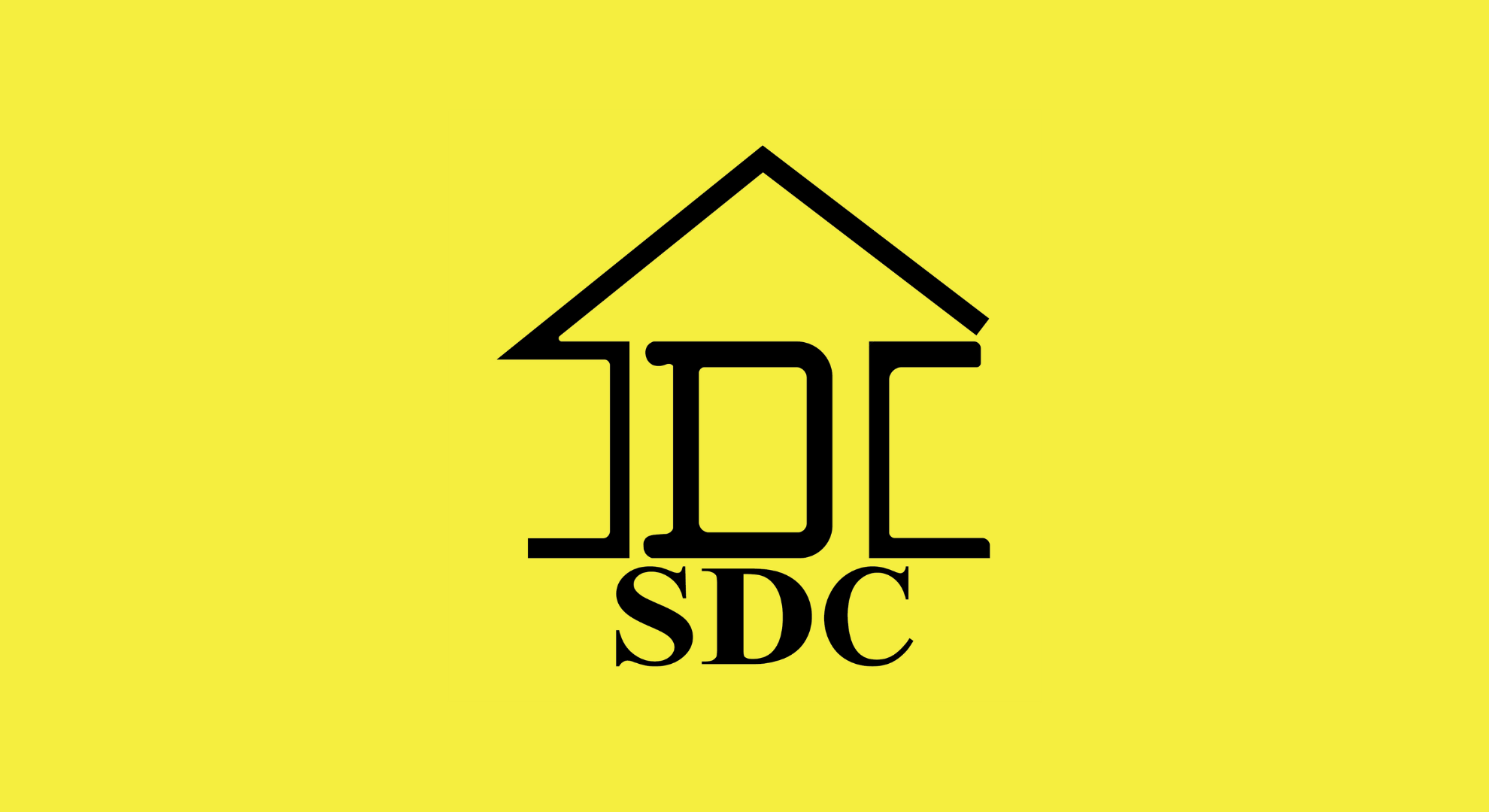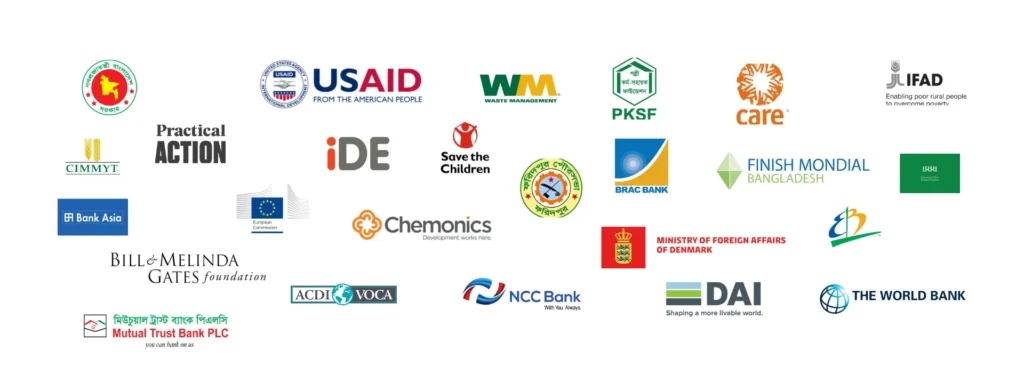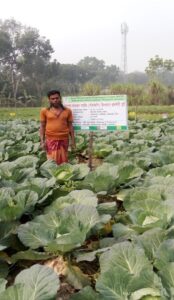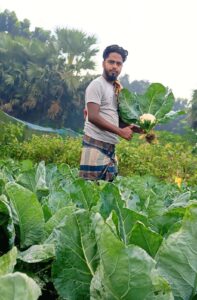Society Development Committee (SDC) is a non-governmental organization established in 1988, committed to improving the socio-economic conditions of disadvantaged communities in Bangladesh. For over three decades, SDC has been working to uplift the poor, marginalized, and vulnerable groups, including women, children, people with disabilities, and sanitation workers.
Our mission revolves around creating lasting, sustainable changes that enable these communities to lead dignified and self-reliant lives. With a focus on poverty alleviation, livelihood development, and social inclusion, SDC provides a range of essential services.
These include education for children from underprivileged families, access to primary healthcare, sanitation and hygiene promotion, and agricultural support for smallholder farmers. Our approach integrates resource management, capacity-building, and community engagement to ensure sustainable socio-economic development.




